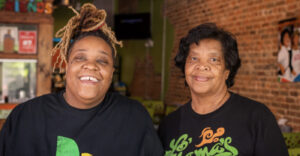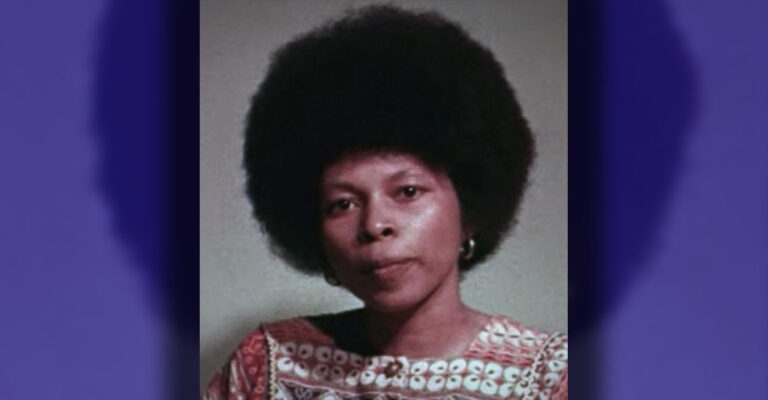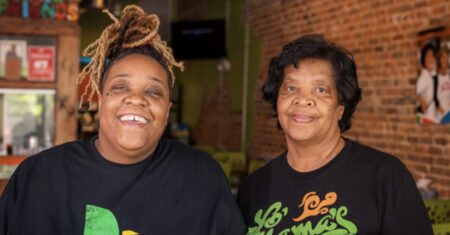By Stacy M. Brown
Black Press USA Senior National Correspondent
The passing of Assata Shakur has left a deep void in those who saw her as more than a revolutionary. She was a mother, poet, and symbol of liberation whose life embodied struggle and sacrifice. On Black Press USA’s Let It Be Known morning news show, journalist and commentator Thandisizwe Chimurenga spoke about Shakur’s death and her legacy. “My heart literally skipped a beat,” Chimurenga said. “I have known Assata’s daughter and husband for over 30 years. I immediately called to see if it was true. I was so saddened when he said that it was true.”
Born JoAnne Byron and once known as JoAnne Chesimard, Shakur became a leading member of the Black Panther Party and the Black Liberation Army. She was targeted by the FBI’s COINTELPRO program, convicted under disputed circumstances in 1977, and sentenced to life in prison. In 1979, she escaped and was granted asylum in Cuba, where she remained until her death. “I purposefully refrained from going into journalism mode,” Chimurenga said. “The only question I asked was had she been ill. He said, Yes, she had been ill. My heart was broken for them because losing a parent, losing your mother, you are never prepared for that. And I was heartbroken for me, being, as Assata says, an African woman in America, that she was no longer physically here with us.”
For Chimurenga, Shakur’s exile carried both sorrow and triumph. “I liked knowing that she was physically walking around free in Cuba, away from the clutches of the U.S. government,” Chimurenga said. “I was absolutely saddened that I had never taken myself down to Cuba and tried to find her and interview her as a journalist. But at the same time, I was rejoicing in the fact that for close to 50 years, she remained free of the United States criminal injustice system.” Her words shaped generations of activists. “It is our duty to fight for our freedom,” Shakur famously stated. “We must love each other and support each other. We have nothing to lose but our chains.” That declaration became a chant during protests in Ferguson and in the Black Lives Matter movement.
“She was our warrior queen mother, our sister comrade, our mama,” Chimurenga said. “She fought for us. She sacrificed for us. And her autobiography, infused with poetry, showed us the beauty of a woman the state called a terrorist. She was a beautiful soul who often said we must be weapons of mass construction, creating more beauty in the world because the people running it are destroying it.” Reactions to her passing showed the divide in the nation. “America is a white supremacist nation,” Chimurenga said. “It was not founded for us. We were brought here to enrich other people. If we did not believe it before, everything Trump is doing right now is in perfect lockstep with white supremacist principles. And that is how he was able to be reelected twice.” Chimurenga said Shakur’s memory will always remain tied to her devotion to her people. “Love. Love of Black people. Sacrifice, commitment, and beauty,” she remarked. “That is who she was.”







